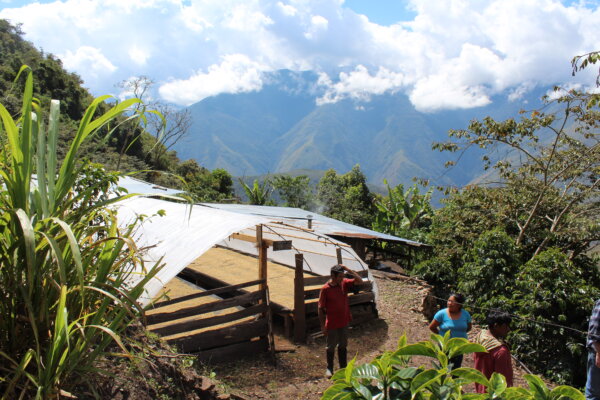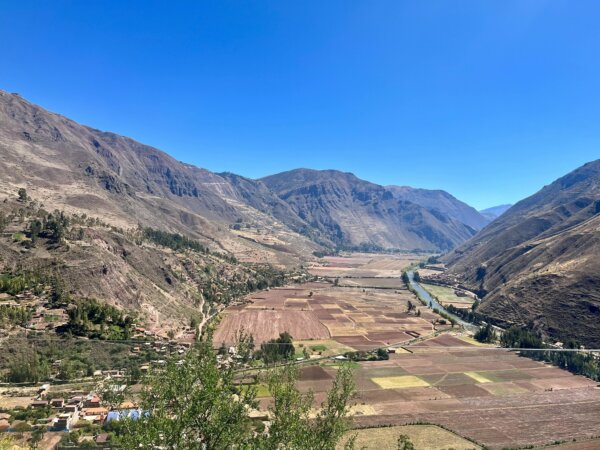About Yanatile
A district in the province of Calca, Yanatile (Quechua for “Black Density,” a reference to the dark waters of the Yanatile river) is located approximately 4 hours from the central city of Cusco in Southern Peru. While Yanatile’s farmers grow citrus and coca in addition to coffee, coffee’s importance as the primary crop is undisputed, so much so that it even appears on the district’s coat of arms. Within its 2 main valleys, the eponymous Yanatile and Lacco, lives a population of almost 12,000.
Yanatile’s coffee heritage is over 50 years old. The majority of the population is originally from the area, primarily speakers of the native language Quechua. Yanatile’s valleys are lush and fertile with a semitropical climate perfect for growing coffee. Because the valley is located in the middle of the Cusco Andes, it can be extremely challenging to get from one town to another. Very few farms have road access, so it takes several hours of walking on densely foliated slopes to reach most of the farms.
One thing that makes Yanatile different is that many of the farmers don’t live on their farms, so it’s normal here for farmers to walk several hours from their house to their farm and back. This means that at harvest time, local producers not only have to haul their dried parchment coffee to the nearest road for truck pickup, they also have to haul the harvested cherry coffee from their farms to the fermentation and drying stations that are usually located near the houses. The producers in the area practice Ayni, an ancient Inca custom of communal labor sharing.
After harvest, Yanatile coffees are fermented between 36 and 46 hours in fermentation tanks (concrete or plastic) and then dried in a period between 15 and 20 days (depending on the climate) on raised beds, solar dryers, or patios. Producers in the area know that slow and homogeneous drying is vital for the coffee to maintain its properties. This is one of the most important regions in all of Peru for us at Red Fox.







